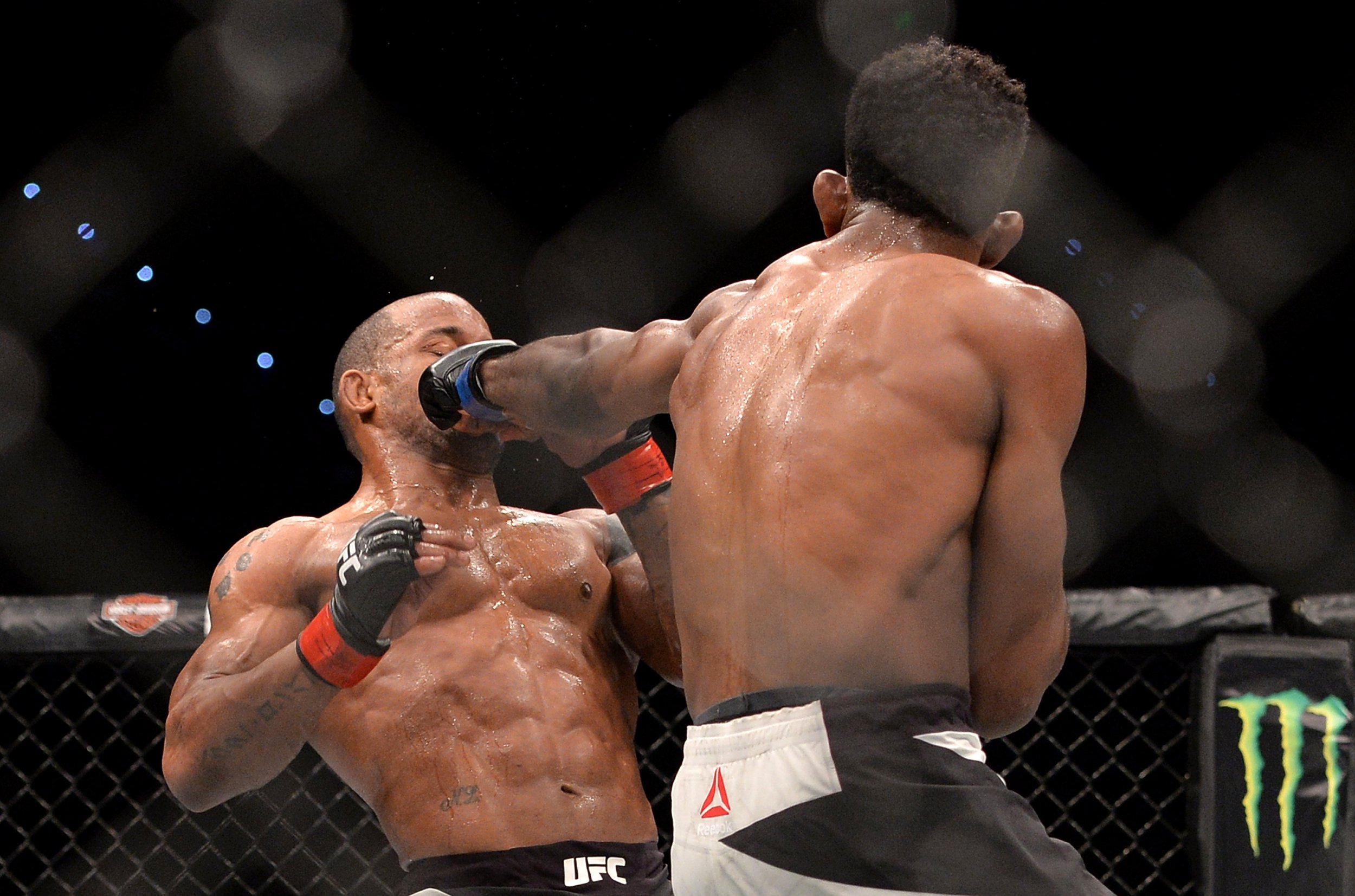
We learn from our experiences. We have for generations. It's what makes us better as individuals and improves society as a whole. My whole life experience has pivoted around martial arts. I started practising my family's version of the Japanese martial art Jiu-Jitsu, known as Gracie Jiu-Jitsu, before I could even remember. Now, at 49, I have dedicated the better part of my life to teaching Gracie Jiu-Jitsu all over the world.
My father Helio Gracie was a Brazilian martial artist who started the quest of finding out which martial arts style is the best. For years practitioners of various martial arts from Karate, Tae Kwon Do, Judo, Jiu-Jitsu, Kung Fu and so on had claimed that their style was superior. My father set out to prove that Gracie Jiu-Jitsu was the most effective martial arts for self defense, and gave a smaller opponent maximum chance at surviving a much larger aggressor. After all my father was only 150 pounds himself. All his life, my father challenged martial artists of all disciplines to matches to demonstrate the superiority of Gracie Jiu-Jitsu, a quest that he has passed on to generations of Gracies and that we all share to this day.
In 1993 my brother Rorion, who moved to live in the United States, had an idea of a "No Holds Barred" one-night tournament with participants of all different martial arts to determine which is the best. His vision came to life on November 11, 1993. The event was called the Ultimate Fighting Championship and, though at the time no one knew it, a new sport of Mixed Martial Arts (MMA) was born. The rules were simple: there weren't any. No weight classes, no gloves, no time limits and only eye gouging was not allowed.
I will spare you the next 20 years of history of Mixed Martial Arts, but I will say that I was fortunate to have competed in that first event back in 1993, winning three fights in one night without sustaining any damage. One aspect of this sport which has always been a priority is safety. Back then we were not professional fighters, and this was not a professional event. As the concept gained popularity and started to transform into a sport, safety measures and various rules were put in place.
Today Mixed Martial Arts is the safest contact sport in the world. Events in the U.S. are regulated by State Athletic Commissions. Worldwide, there are governing bodies like the International Sport Kickboxing Association (ISKA) and others that sanction and monitor Mixed Martial Arts events. Fighters are required to submit medical tests before each fight that include physical, blood work, heart scans, eye exams and neurological clearances. Promoters carry insurance in case of injury, while events are required to have ringside doctors and ambulances. Rules have also been put in place for participants. Strikes to the back of the head are not allowed, strikes of any kind to the spine are not allowed, and you are not allowed to kick or knee a downed opponent.
MMA has gone through a growth process , like many sports do, and has emerged, 23 years later, with a strong safety record. Yet it still gets scrutinized by the media all over the world. In the 23-year history of MMA there has never been a death in any of the major organizations. Those promotions that follow the established safety guidelines and have an unblemished safety record are being lumped together with promoters that run unsanctioned events. That is not a problem with the sport of MMA, it's a problem with individuals.
I am here to tell you that when done right, the sport of MMA is the safest contact sport in the world. There have been more serious injuries and death in children's high school football in the U.S. than in the entire history of MMA. I can give you countless examples of life threatening injuries and deaths in "mainstream sports" that occur each year. In boxing, seven deaths occurred in 2010 alone. NASCAR's Sprint Cup series has seen 28 deaths in its history. The prolonged and profound damage that American Football players sustain in the U.S. is well documented, and despite great effort spent on making American Football safer, the lifelong injuries to the body and the brain are piling up. NBA and soccer players routinely sustain concussions.
I have been a professional fighter for over 23 years, having just competed in an MMA fight at Bellator 149 this past February. I have been a martial artist all my life. I live a healthy and fulfilling life with no more wear and tear to my body then anyone who has spent a lifetime in sports. I have three sons and one daughter all involved in martial arts, I travel the world teaching the art of Gracie Jiu-Jitsu, and the most rewarding experiences of my life have been random people on and off the mat that walk up to me all over the world and tell me I inspired them to change their lives. Mixed Martial Arts is not just a sport — it's a way of life for many all around the world. It has gone down the long road of acceptance and it is here to stay.
Royce Gracie became a black belt in his teenage years and competed in the first UFC tournament. He is a three-time UFC champion and now fights with the Bellator company as well as running his own training school.
Uncommon Knowledge
Newsweek is committed to challenging conventional wisdom and finding connections in the search for common ground.
Newsweek is committed to challenging conventional wisdom and finding connections in the search for common ground.
About the writer
To read how Newsweek uses AI as a newsroom tool, Click here.








